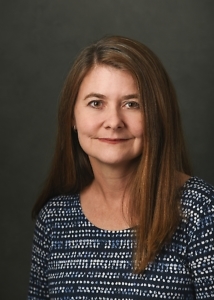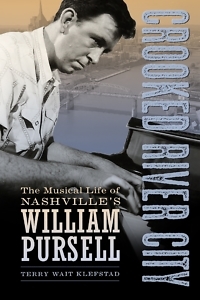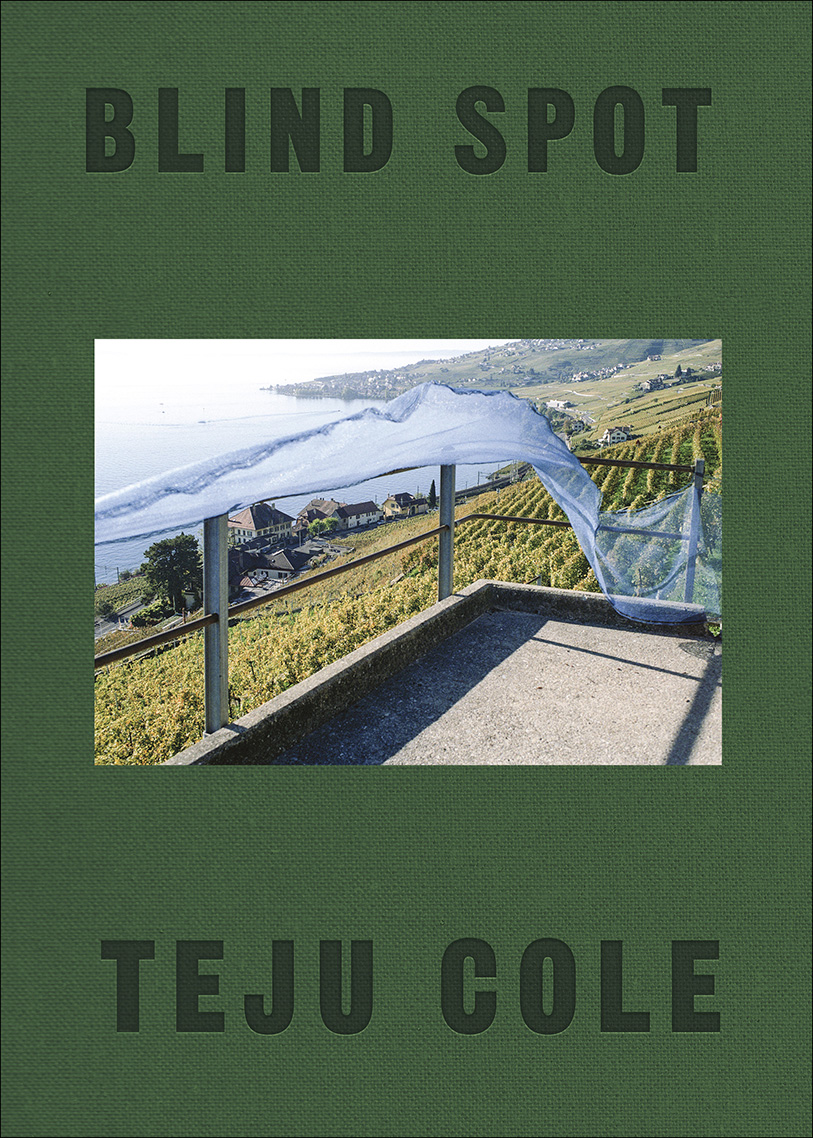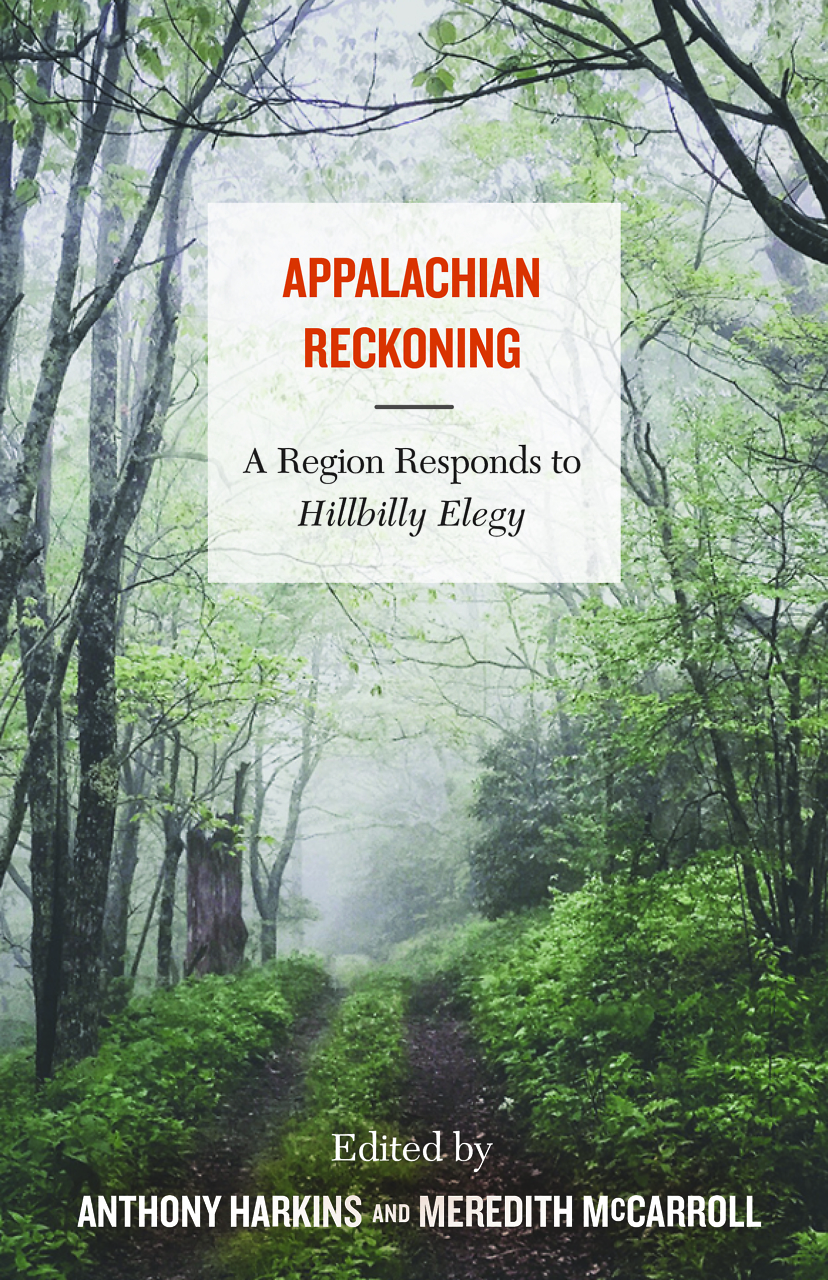The Crooked Road to a Musical Legacy
Terry Klefstad chronicles the life and legacy of musician Bill Pursell
Most pop and country music fans are likely aware of the controversy surrounding Lil Nas X’s song “Old Town Road.” The African American rapper from Atlanta rocketed to popularity when his track went viral on TikTok. But when the song made it to the top of Billboard’s country chart, the magazine pulled it, arguing that it “does not embrace enough elements of today’s country music.”
 The incident has people asking a question that has existed as long as the genre itself: What is country music? Belmont University music professor Terry Wait Klefstad deftly explores that question in Crooked River City, her biography of Nashville musician and composer William “Bill” Pursell.
The incident has people asking a question that has existed as long as the genre itself: What is country music? Belmont University music professor Terry Wait Klefstad deftly explores that question in Crooked River City, her biography of Nashville musician and composer William “Bill” Pursell.
Little William Pursell was just three years old when he toddled over to a tiny upright piano in his parent’s home in Tulare, California. What he played was so remarkable that his parents quickly enrolled him in proper lessons. Pursell advanced quickly in his classical repertoire, even moving away from his parents’ home as a teenager to work with highly acclaimed instructors.
This hard work earned Pursell a composition scholarship to Peabody Conservatory in Baltimore, where he excelled until enlisting in the Army during WWII. He began composing for the Air Force Orchestra and seemed to succeed at whatever he put his hand to musically, though he was still just 20 years old.
Pursell continued his musical studies after his military service but eventually broke away to go on the road with a jazz group, the Jerry Jay Trio. This shift from composition student to professional musician led to a critical turning point in his career: On the road, Pursell met musician Eddy Arnold, who told him that Nashville was the place to be.
Pursell found fast work in Nashville, sometimes playing up to four sessions a day, starting at 9 a.m. and continuing into the wee hours of the morning. “In those days, you were supposed to get four tunes in three hours,” he said of working during this time. “It would just amaze me, years later, to see two sessions on one song. I thought it was a waste of money.” Ever the versatile musician, Pursell played on both country and pop sessions for artists like Chet Atkins, Patsy Cline, Eddy Arnold, and Johnny Cash.
 But the thing that made Pursell extremely hirable — his cross-genre adaptability — also seemed to prevent him from securing a long-term spot in a country group. He was often ribbed for his musical education and for not being Southern. Eventually he began to focus on his own music, releasing “Our Winter Love” on Columbia Records. The track brought Pursell much-deserved acclaim and secured his place as an early purveyor of what became “the Nashville sound,” a pop adaptation of country music that featured rich arrangements and backing vocals. He went on to produce three solo records for Columbia. His classical expertise and chameleon-like ability also took him beyond commercial country music to composition jobs around the globe and even long-term work with the Nashville Symphony.
But the thing that made Pursell extremely hirable — his cross-genre adaptability — also seemed to prevent him from securing a long-term spot in a country group. He was often ribbed for his musical education and for not being Southern. Eventually he began to focus on his own music, releasing “Our Winter Love” on Columbia Records. The track brought Pursell much-deserved acclaim and secured his place as an early purveyor of what became “the Nashville sound,” a pop adaptation of country music that featured rich arrangements and backing vocals. He went on to produce three solo records for Columbia. His classical expertise and chameleon-like ability also took him beyond commercial country music to composition jobs around the globe and even long-term work with the Nashville Symphony.
Pursell’s influence on the Nashville music scene was further extended through his longtime friendship with musician W.O. “Smitty” Smith. He joined Smith’s Savage Club, an integrated men’s club established in the 1960s where members discussed issues of racial inequality. One topic repeatedly discussed at the Savage Club was “the unavailability of music lessons to low-income children,” writes Klefstad. This discourse ultimately led to the founding of the W.O. Smith Music School in 1984. Pursell’s friendship with Smith also brought him an opportunity to teach at Tennessee State University (then called the Tennessee Agricultural Industrial Normal School), making him the first white instructor there.
Pursell returned to education intermittently throughout his career, eventually becoming a full-time professor at Belmont College, now Belmont University. He was instrumental in developing Belmont’s focus on preparing students to work in the music industry, and he influenced countless musicians during his tenure there.
Crooked River City is a fascinating book for music industry outsiders, but it will be an especially compelling read for musicians. Pursell’s work index alone — three pages of composition credits and a five-page discography — is likely to be both intimidating and inspiring to his fellow artists. Klefstad’s expertise enables her to convey the nuances of Pursell’s particular genius and his remarkable multi-genre career.

Sarah Carter is a high-school English teacher in Lebanon, Tennessee. She holds an M.F.A. in creative writing from the Sewanee School of Letters.


